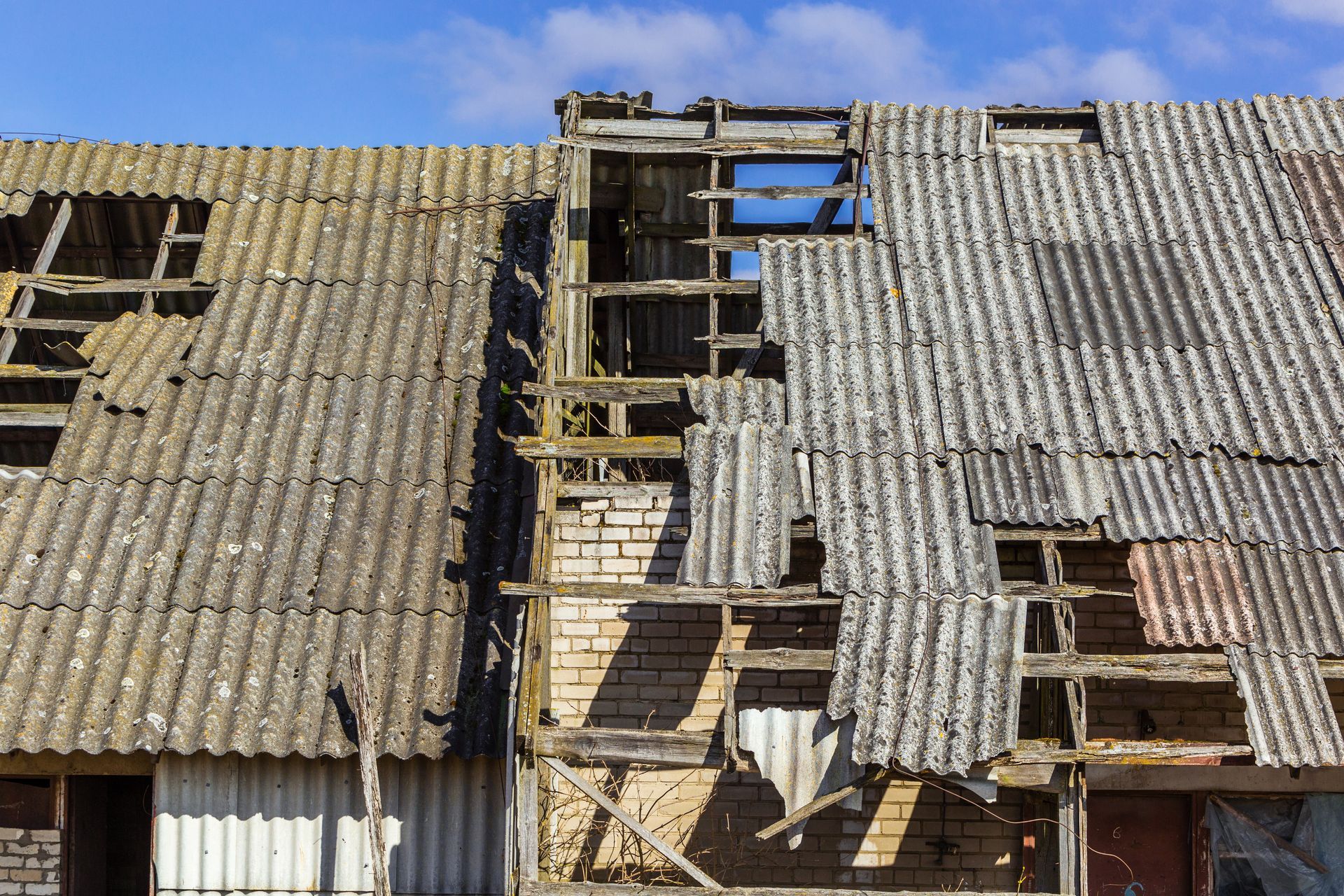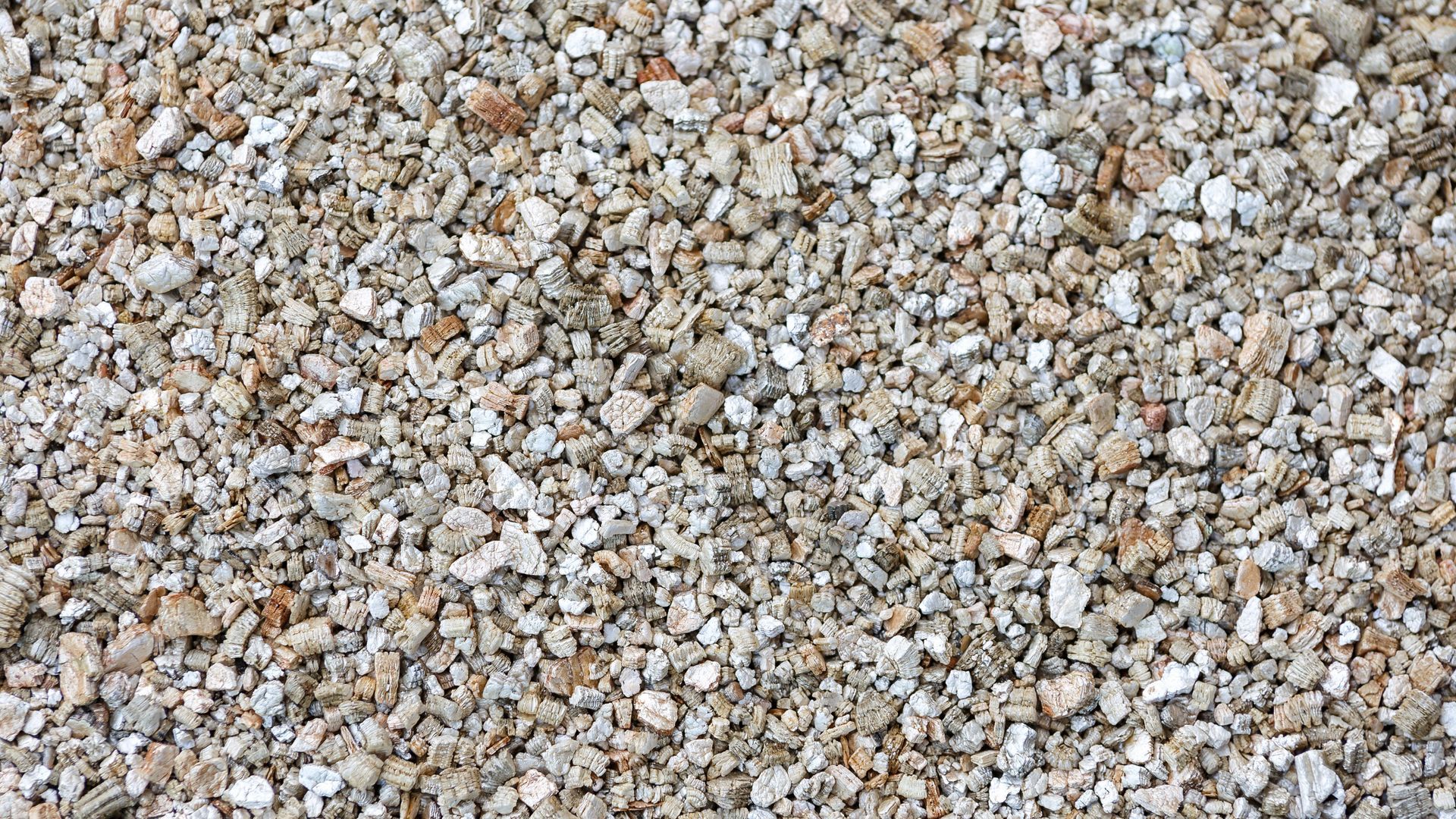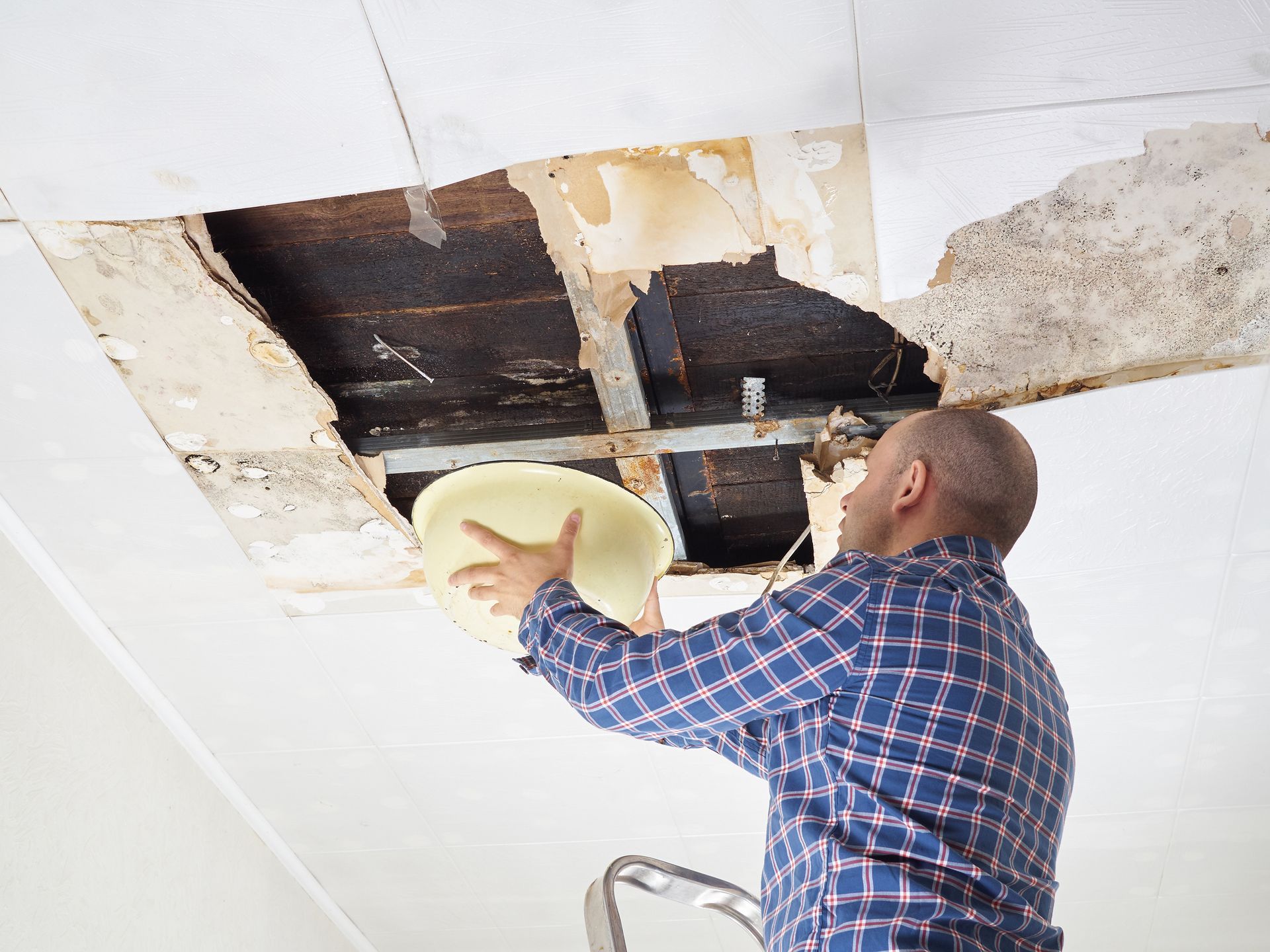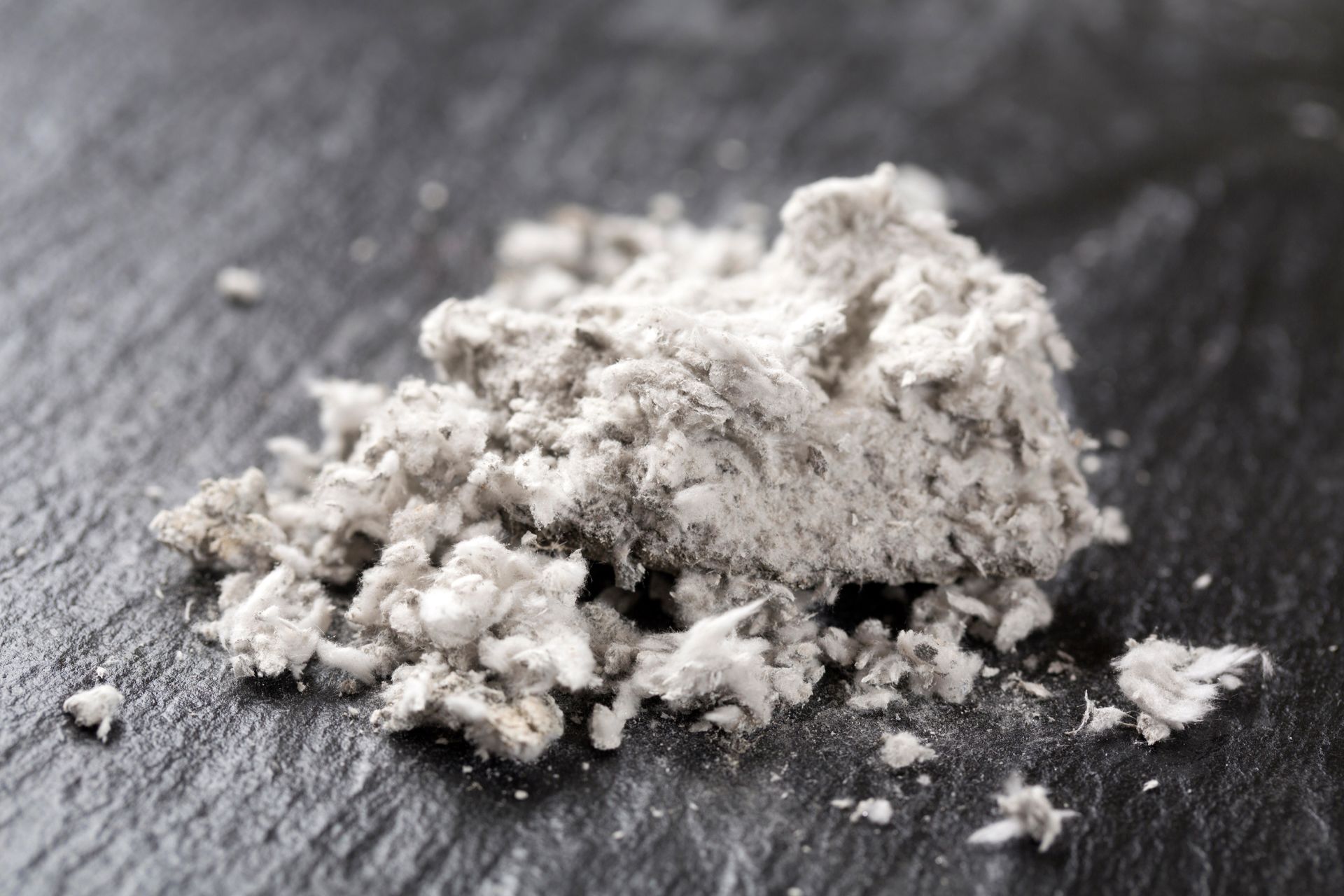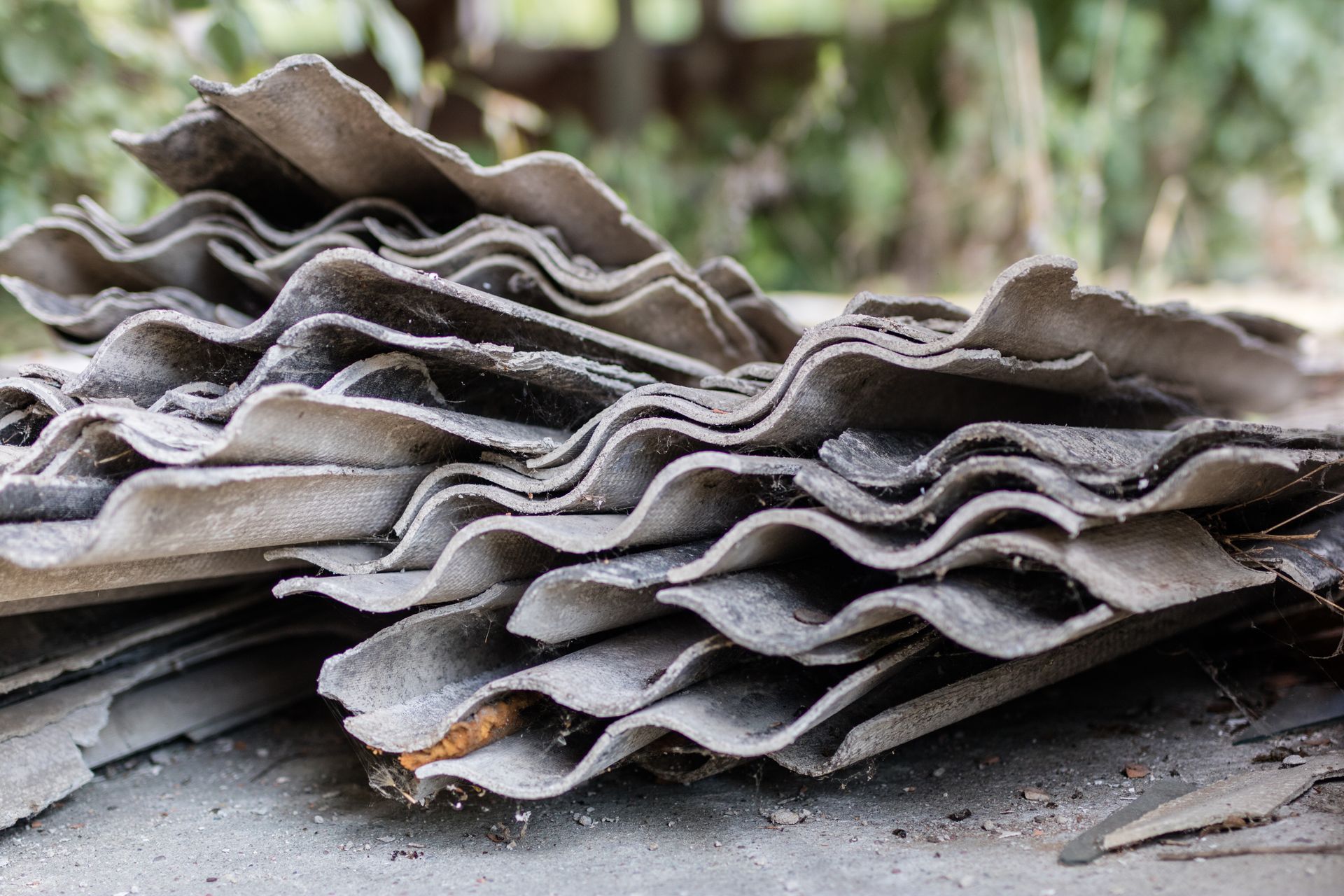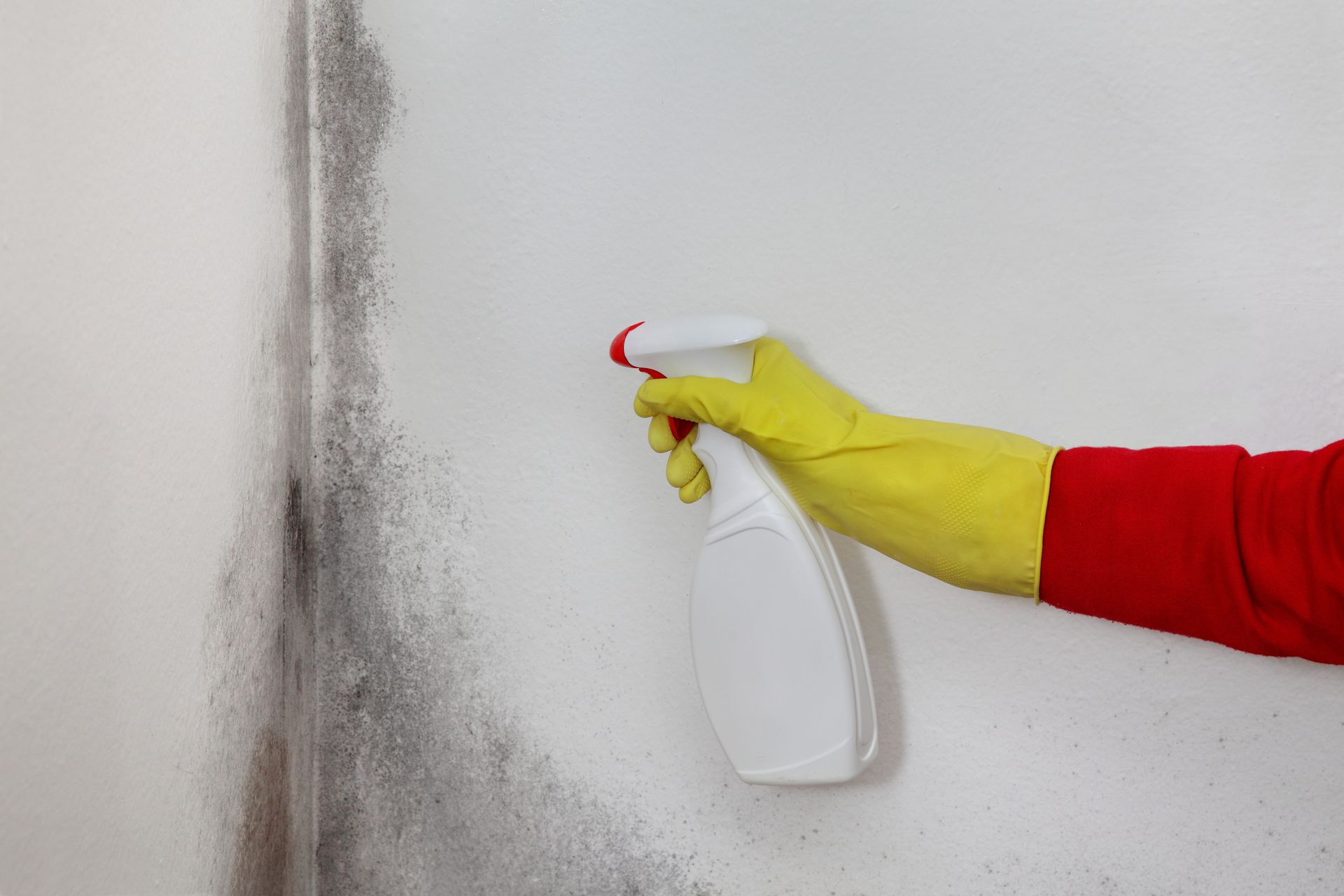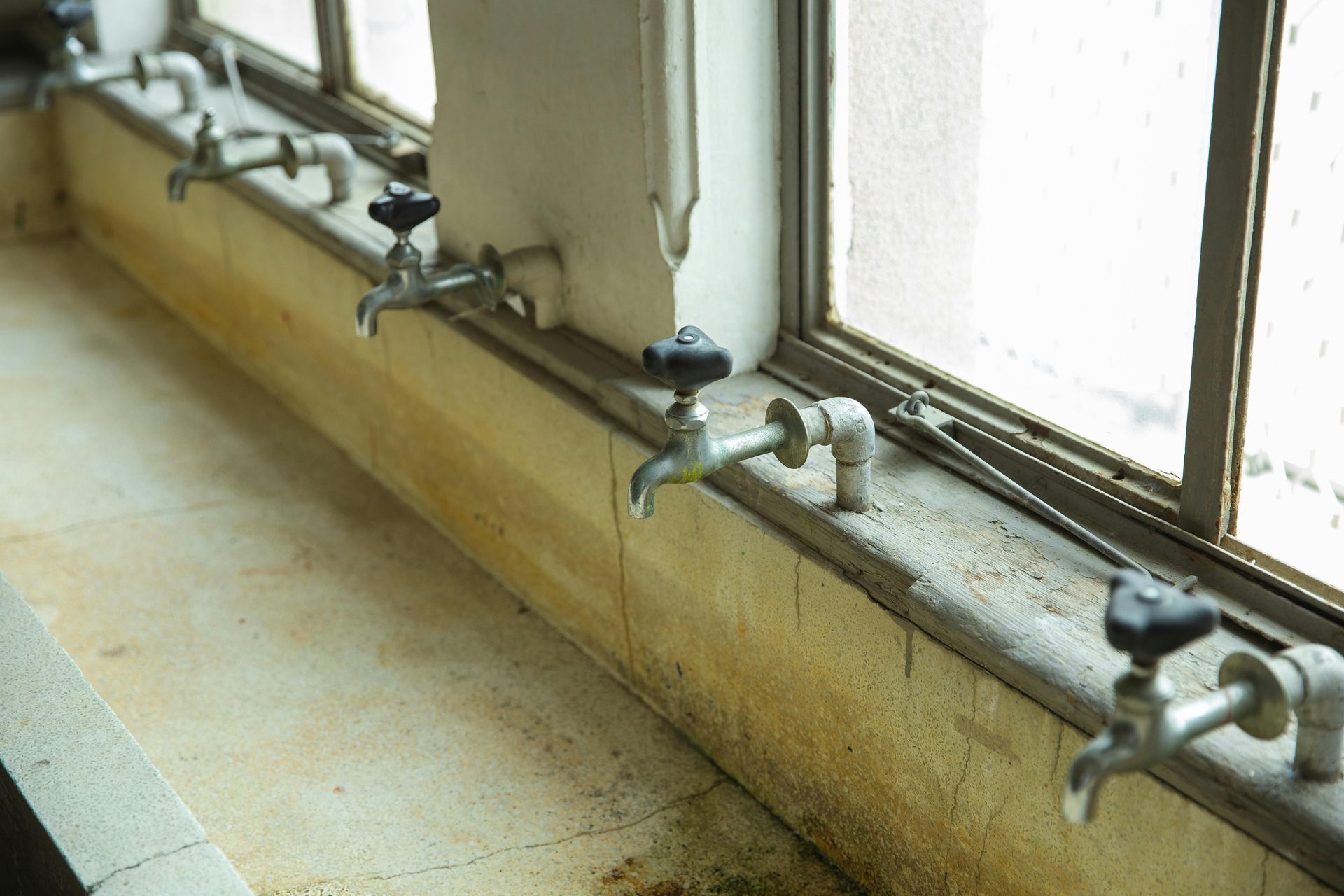The Top Causes of Water Damage in Homes and How to Prevent Them
Water damage is a common and potentially costly issue that many homeowners face. From burst pipes to natural disasters, water damage can wreak havoc on a home and cause major headaches for homeowners. It’s important to understand the top causes of water damage in homes and how to prevent them in order to protect your property and your wallet. In this blog post, we'll explore the most common causes of water damage and provide tips on how to prevent them.
1: Faulty Plumbing and Appliances
Faulty plumbing and appliances are a leading cause of water damage in homes. This can include burst or leaking pipes, faulty water heaters, and malfunctioning washing machines, dishwashers, or refrigerators. These issues can lead to flooding, water stains, and mold growth if not addressed promptly.
Tips to prevent water damage from faulty plumbing and appliances:
- Regularly inspect all visible pipes for leaks or corrosion. Replace any damaged pipes promptly.
- Keep an eye on your water bill and note any sudden spikes, which could indicate a hidden leak.
- Replace worn or faulty hoses on appliances every 3-5 years.
- Consider installing an automatic shut-off valve for your main water supply in case of emergencies.
- Regularly clean and maintain appliances to prevent clogs or malfunctions.
2: Weather-Related Issues
Weather-related issues, such as heavy rainfall, hurricanes, and snowmelt, can also cause significant water damage to homes. When water enters a home through cracks in the foundation, basement windows, or roofs, it can lead to flooding and mold growth.
Tips to prevent water damage from weather-related issues:
- Inspect and maintain your roof regularly to prevent leaks.
- Ensure proper drainage away from the foundation of your home.
- Install weather-resistant barriers or sealants to prevent water seepage.
- Keep gutters and downspouts clean and free of debris to prevent backups.
- Install a sump pump if you live in an area prone to heavy rainfall or flooding.
3: Leaking or Broken Pipes
Leaking or broken pipes are a common cause of water damage in homes. These issues can be caused by aging pipes, clogs, or changes in water pressure. Leaks can occur in both visible and hidden pipes, making them difficult to detect until it’s too late.
Tips to prevent water damage from leaking or broken pipes:
- Regularly inspect visible pipes for signs of leaks such as water stains, mold, or rust.
- Look for low water pressure, which can indicate a leak or clog.
- Install water sensors or leak detectors that can alert you to potential issues.
- Consider replacing old or corroded pipes before they fail.
- Never pour grease or oil down your drains, as it can build up and cause clogs.
4: Basement Flooding
Basement flooding is a homeowner's nightmare and can be caused by a variety of factors, from heavy rains to plumbing issues. Not only can it cause extensive water damage to your belongings, but it can also lead to mold growth, which can pose a health risk.
Tips to prevent water damage from basement flooding:
- Make sure your basement has proper drainage and install a sump pump if necessary.
- Seal cracks in your basement walls and floors to prevent water seepage.
- Ensure all basement windows and doors are properly sealed to prevent water from entering.
- Regularly clean and maintain your gutters and downspouts to avoid water backups.
- Consider installing a basement waterproofing system for added protection.
5: Fire Suppression Systems
While they are meant to protect your home in the event of a fire, fire suppression systems can also cause water damage if not properly maintained. Sprinkler systems can accidentally go off due to malfunctions, freezing temperatures, or human error, leading to extensive water damage.
Tips to prevent water damage from fire suppression systems:
- Regularly inspect and maintain your fire suppression system to ensure it is functioning properly.
- Keep all sprinkler heads and pipes free of obstructions to prevent accidental activation.
- In freezing temperatures, make sure your system is properly insulated to avoid frozen pipes.
- Train all occupants on the proper use and location of the main water shut-off valve in case of emergencies.
- Have a professional inspect and test your system yearly.
Trust the Experts: Contact Us for Water Damage Restoration in Solon, OH, and Beyond!
With proper maintenance and proactive prevention measures, you can avoid costly water damage to your home. However, if you do find yourself facing water damage, it's important to act fast and seek professional help. Our team at
Hathaway Environmental
is here to help with
water damage restoration services in Solon, OH, and the surrounding areas. We also offer
asbestos abatement,
asbestos testing,
mold inspection,
mold removal services, and more. Don't let water damage dampen your spirits – contact us at
(216) 538-8355 for fast and reliable assistance.
FAQ
Can I prevent water damage from natural disasters?
While you can't control the weather, you can take preventative measures such as installing weather-resistant barriers and maintaining proper drainage to minimize the risk of water damage from natural disasters.
How do I know if my home has hidden leaks?
Look for signs of damage such as water stains, mold growth, or musty odors. You can also use a water meter to check for uncommon spikes in water usage, which could indicate a hidden leak.
What should I do if my basement floods?
First, make sure it is safe to enter the area. Then, turn off the main power source and take photos of the damage for insurance purposes. Contact a professional for assistance with water extraction and drying to avoid mold growth.
Will my insurance cover water damage?
It depends on the cause of the damage. Most standard homeowner's insurance policies cover sudden and accidental water damage but may not cover damage from floods or neglect.
Can I fix a burst pipe myself?
It's always best to hire a professional plumber for burst pipes as they can cause severe damage if not handled properly. If you need to stop the flow of water before help arrives, locate the main shut-off valve and turn off the water supply.
